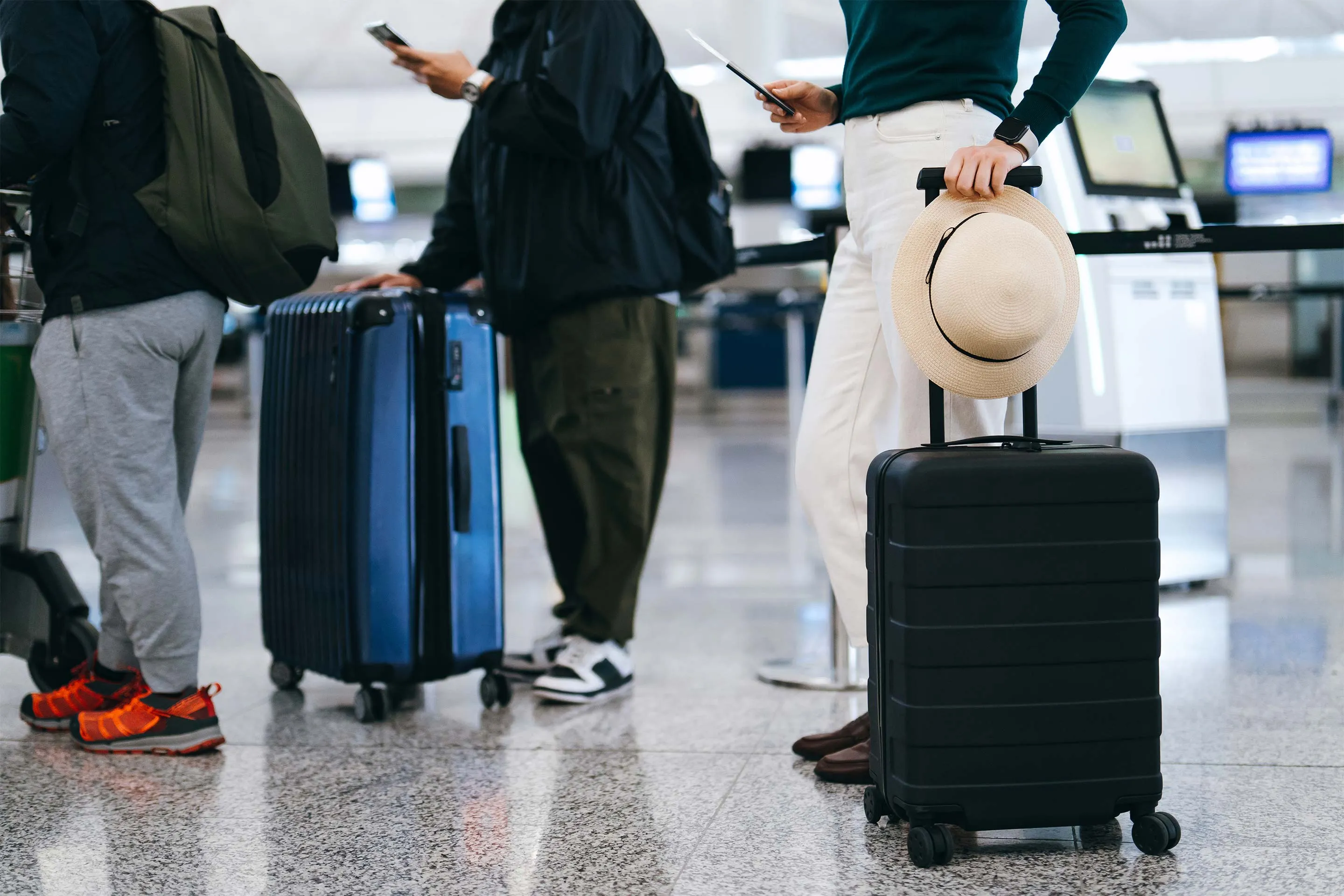While the price of Global Entry may be rising, it won’t cost you an extra dime if you have the right travel rewards credit card.
Some major credit card providers are beefing up their travel rewards to offset the price hike of the U.S. Customs and Border Protection’s “trusted traveler” programs. Starting Tuesday, the agency will charge an upfront fee of $120 for three popular expedited-clearance options — Global Entry, NEXUS and SENTRI — all of which include TSA PreCheck memberships for eligible applicants.
In response, American Express, Capital One and Chase told Money that they are increasing their reimbursements for these travel programs from $100 to $120 on more than two dozen travel cards total. Once CBP’s new fee schedule is in effect, the credit card providers will apply a statement credit of up to $120 if a qualifying card was used to pay for an application.
Global Entry, NEXUS and SENTRI are available to qualifying U.S. citizens, residents and nationals who are re-entering the country by land, sea or air — as opposed to TSA PreCheck, which is solely for air travel originating from the U.S. While PreCheck is included in these three programs, a stand-alone membership is available for $78, which has not changed. Many other travel cards continue to offer a statement credit covering the cost of just TSA PreCheck.
All three card providers that are boosting their reimbursement credit said the reward is redeemable every four years, which is more than enough to cover the five-year membership term for CBP’s travel programs.
The price hike by CBP is the first one in 15 years. The agency said its current fees are “no longer sufficient” to cover administration costs and that the higher price is not intended to result in faster processing times, which typically range between six and 12 months but may take up to two years.
These travel cards will give you $120 to cover Global Entry fees
Not all travel credit cards will reimburse you for the cost of becoming a quote-unquote “trusted traveler.” The ones that do offer the reward usually charge annual fees ranging from $95 to $700.
Here’s a look at the cards that Money confirmed will cover the new $120 trusted-traveler application fee.
15 travel cards from American Express
- The American Express Gold Corporate Card
- The Platinum Card
- The Platinum Card (for Goldman Sachs)
- The Platinum Card (for Morgan Stanley)
- The Platinum Card (for Charles Schwab)
- The American Express Corporate Platinum Card
- The American Express Business Platinum Card
- Centurion Card
- The American Express Corporate Centurion Card
- The American Express Business Centurion Card
- The Delta SkyMiles Platinum American Express Card
- The Delta SkyMiles Reserve American Express Card
- The Delta SkyMiles Platinum Business American Express Card
- The Delta SkyMiles Reserve Business American Express Card
- The Marriott Bonvoy Brilliant American Express Card
9 travel cards from Chase
- Sapphire Reserve Card
- UnitedSM Explorer Card
- United Club Visa Infinite Card
- United Quest Card
- IHG One Rewards Premier Credit Card
- IHG One Rewards Premier Business Credit Card
- Aeroplan Card
- Southwest Rapid Rewards Performance Business Credit Card
- JPMorgan Reserve Card
4 travel cards from Capital One
- Venture Rewards Card
- Venture X Rewards Card
- Venture X Business Card
- Spark Miles Card
Before the fee change, many cards offered $100 reimbursement credits. Not all of them are increasing their reimbursement to match the new $120 fee.
For example, Bank of America’s Premium Rewards card comes with a statement credit of up to $100 for Global Entry or TSA PreCheck. Under the new fee structure, that reimbursement wouldn’t cover the whole cost of Global Entry.
In April, when CBP annouced the fee changes, Bank of America told Money that it does not have plans to increase its travel rewards to cover the new fees. The bank did not respond to a September follow-up request for comment.
More from Money:
Best Places to Travel
You Can Now Renew Your Passport Online (but It Still Costs $130)
Travel Rewards Are Now an ‘Essential’ Part of Americans’ Vacation Budgets
